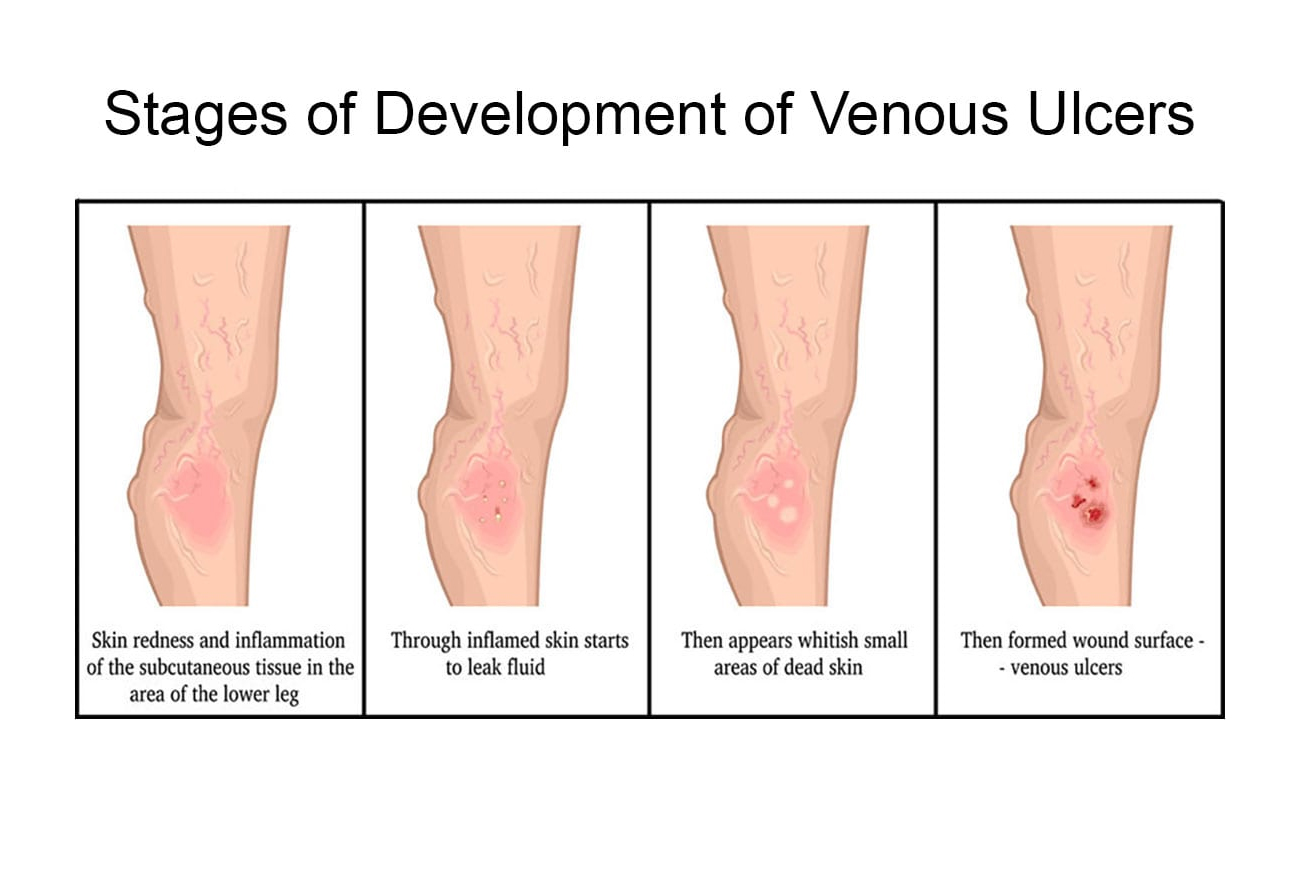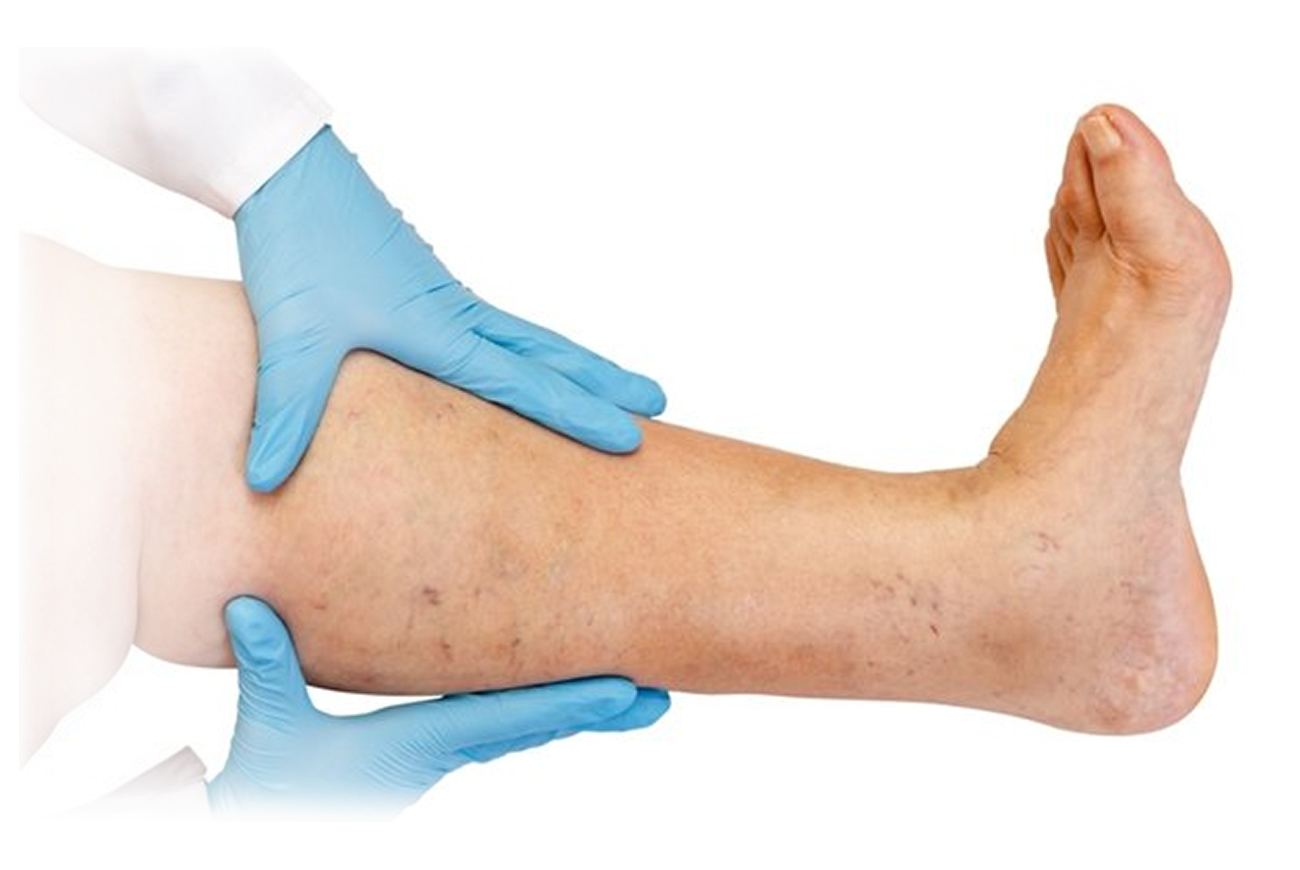Vascular Wound Care
If you’ve been diagnosed with a circulatory problem, such as deep vein thrombosis (DVT), you’re also more likely to develop a venous ulcer. Fortunately, vascular wound care can prevent infections and other more serious problems from occurring. At Washington Vascular Specialists, with locations in Takoma Park, Largo, and Frederick, Maryland, Mubashar Choudry, MD, and his expert team offer comprehensive vascular wound care treatments. To request your appointment at Washington Vascular Specialists, call the office or use the online booking tool today.
Vascular Wound Care Q & A
What is a vascular wound?
A vascular wound, or venous skin ulcer, is a type of open sore that heals slowly, usually as a result of poor circulation. Vascular wounds can last anywhere from a few weeks to years. Without proper treatment, they also increase your risk of infection or the need for an amputation.
What causes vascular wounds?
Vascular wounds occur when you damage the skin on your leg, especially the thin skin surrounding your ankle. If the veins in your leg, which send blood back to your heart, aren’t pumping as they should, it can cause your blood to flow backward.
This backflow of blood increases the pressure in your lower leg, causing your skin to weaken. This backflow also makes it harder for cuts, scrapes, or other wounds to heal. Vascular wounds can occur anywhere on your leg, but they’re most common near bony areas, such as your ankle.

What is vascular wound care?
Vascular wound care is a type of treatment designed to promote the healing of vascular wounds while preventing further problems like infection. At Washington Vascular Specialists, Dr. Choudry and his team offer several different types of vascular wound care.
For mild or moderate vascular wounds, Dr. Choudry might recommend a compression bandage or stocking. The pressure these garments encourage circulation and boost your body’s natural healing ability. To achieve the best possible results, Dr. Choudry might ask you to raise your leg for set periods of time throughout the day. This usually means propping your leg up for half-hour intervals 3-4 times each day.
If you have a vascular wound that’s infected by bacteria, Dr. Choudry might recommend taking prescription antibiotics. He might also wrap your vascular wound in a moist dressing to speed up the healing process.
For serious vascular wounds caused by poor circulation or circulatory damage, surgical intervention may be necessary. Vascular surgery can improve the circulation in your legs, lowering your risk of complications in the future.

What type of vascular wound care is right for me?
To determine the type of vascular wound care you’ll most benefit from, make an appointment with Dr. Choudry at Washington Vascular Specialists. Following a physical exam, review of your medical history, and discussion of your symptoms, he can make recommendations that align with your individual needs.
Request your vascular wound care consultation at Washington Vascular Specialists today by calling the office or using the online booking tool today.
